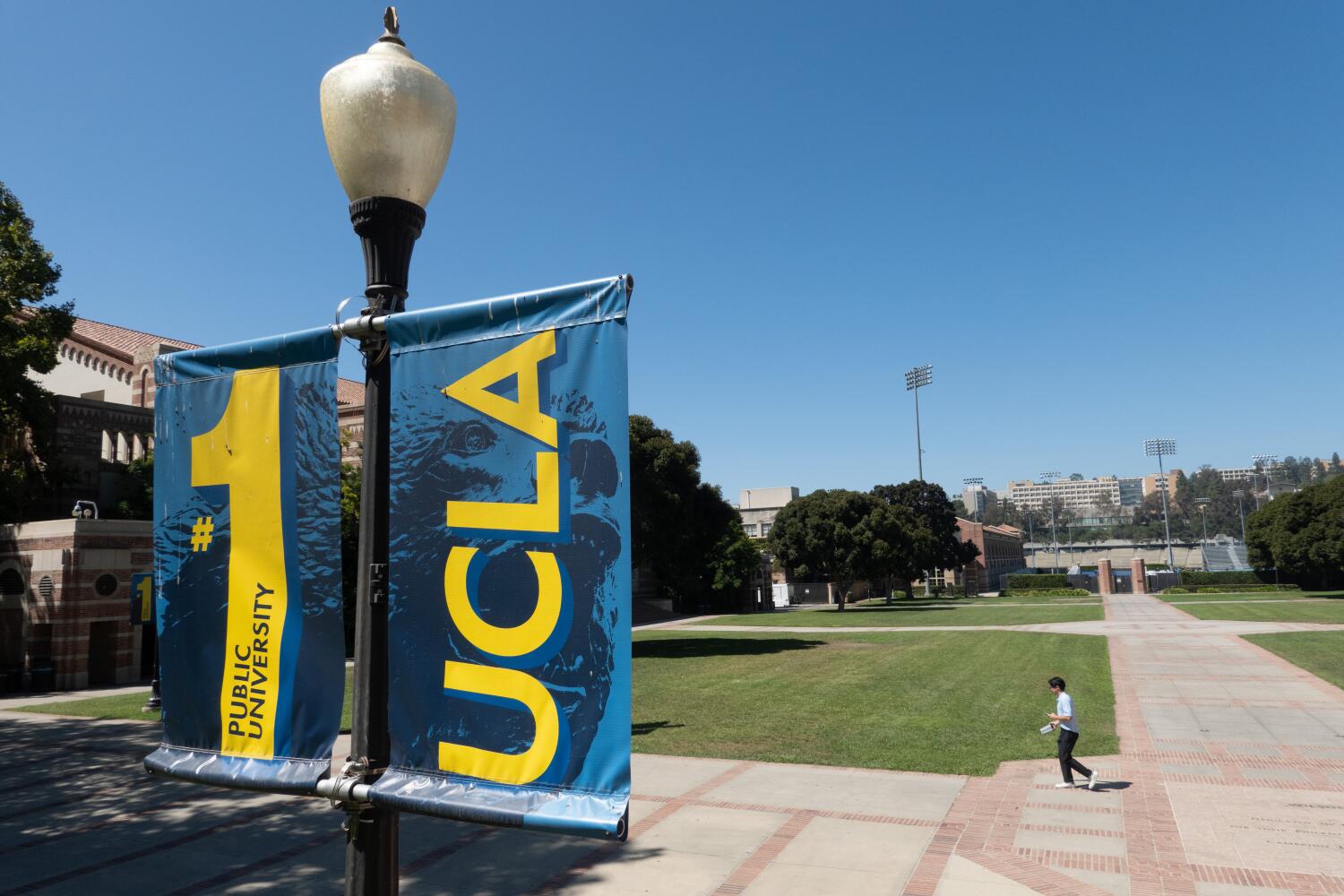-
'The Housemaid' Trailer Gives First Look at Sydney Sweeney-Led Thriller - 21 mins ago
-
UC employees, not waiting on leaders, sue Trump for ‘financial coercion’ over UCLA cuts - 26 mins ago
-
The Kirk Crackdown Is Underway - 27 mins ago
-
Knicks Sign Matt Ryan, Alex Len to Training Camp Deal - 56 mins ago
-
Trump Delays TikTok Ban Again - about 1 hour ago
-
Some Warriors Coaches Didn’t Want to Draft Jonathan Kuminga - 2 hours ago
-
OC prosecutors office faces more allegations of harassment - 2 hours ago
-
National Parks to Remove Some Materials on Slavery and Tribes - 2 hours ago
-
Lakers’ LeBron James Doesn’t Hold Back About Luka Doncic - 2 hours ago
-
One killed in fire at high-rise downtown L.A. apartment complex - 2 hours ago
Opinion | ‘Anora’’s Oscar Nominations Have Become Russian Propaganda
On the other hand, since the start of the war, hundreds if not thousands of other Russian film and theater actors have found the courage to speak out against President Vladimir Putin of Russia and left the country. Given how tightly the acting profession is tied to one’s command of the language, for most of them the move meant sacrificing their careers in the name of principle. A select few have found occasional employment in the West. Masha Mashkova, the daughter of the iconic leading man Vladimir Mashkov (“Mission: Impossible — Ghost Protocol”), bravely cut ties not just with her homeland but also with her father, one of Mr. Putin’s biggest public supporters; she has since played a cosmonaut on the Apple TV+ series “For All Mankind” and, well, another cosmonaut in last year’s “I.S.S.”
But there are only so many cosmonaut parts to go around. For every Ms. Mashkova, hundreds eke out a living on the expatriate circuit with things like poetry readings and one-person shows. Many use the newfound freedom to do things unimaginable back home. The brilliant actor and director Alisa Khazanova, for instance, stars in the English-language play “The Last Word,” which dramatizes final court statements made by Russian political prisoners. After this, going back to Russia would mean a very real risk not just to her career but also to her safety.
No such risks exist for Mr. Borisov and Mr. Eydelshteyn, who, thanks to the film’s embrace by the Hollywood establishment, are now heroes back home. (Visit Mr. Borisov’s page on Kinopoisk, Russia’s counterpart to IMDb, and you’ll be greeted with a widget that says, “An Oscar for Yura!”) Both have domestic filmographies that brim with genre and art-house stuff, though Mr. Borisov’s does tip into propaganda. He did, for instance, play the title role in 2020’s “Kalashnikov,” a biopic of the rifle inventor initiated and at least partially financed by Rostec, the state defense conglomerate and weapons manufacturer. (How do I know this? A Rostec executive once offered to hire me to write the screenplay for it.)
It would be hypocritical and unfair to put the responsibility for denouncing Mr. Putin and his war on actors. Regimes like Mr. Putin’s have ways of controlling their citizens that may not be visible to anyone outside their families.
The quandary, rather, is whether it is wise to engage with the Russian film industry at all. After a stretch of relative independence prior to 2022, it is at this point an entirely Kremlin-controlled machine for promoting ultra-patriarchal, colonialist and neofascist narratives. After the start of the war, most major Hollywood film companies left the Russian market; pirated versions of the biggest Hollywood releases are still sometimes shown (for example, a copy of, say, “Barbie” meant for, say, Kazakhstan might be screened as a free “bonus” to a short that plays before it). HBO dropped the Serbian Russian actor Milos Bikovic from “White Lotus” after his pro-war views were made public; Netflix buried a Russian adaptation of “Anna Karenina” after it has been shot. (It starred, among others, Mr. Borisov as Levin.)
Source link










